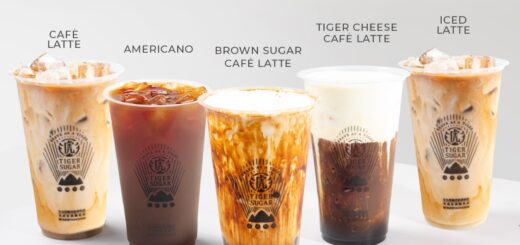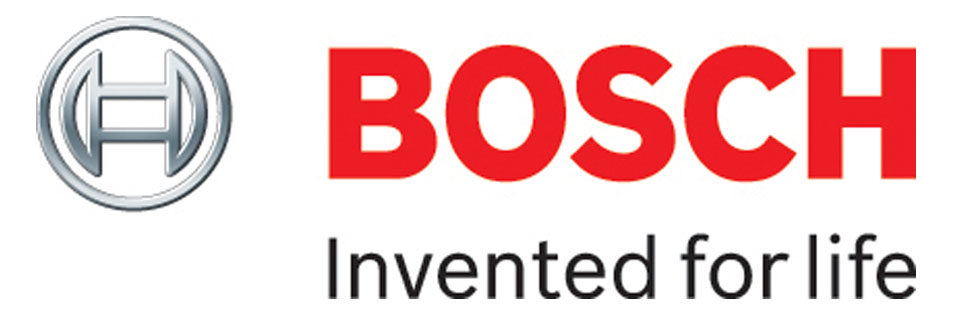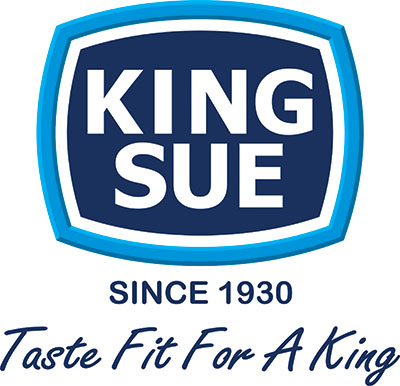PCX Markets diverts 100 million kg of plastic waste from entering nature
With a 34% increase in plastic diversion work since January, PCX offers a leading solution to the plastic waste crisis
PCX Markets (“PCX”), which helps fund plastic pollution cleanup and waste management infrastructure worldwide, announced that it has financed the diversion of 100 million kilograms of mixed plastic waste from nature to date. That’s equivalent to 6.6 billion 15 gram plastic bottles, and enough to circle the earth 25 times.
This marks a 34 percent rise in total impact delivered since the start of the year, thanks to growing demand from brands that want to support downstream cleanup efforts and help fund infrastructure development to complement upstream reduction strategies.
With about 9 billion metric tons of plastic produced since the 1950s we are in the midst of a plastic waste crisis which is inextricably linked to the climate crisis. One cannot be solved without addressing the other. A problem of this magnitude requires a multi-pronged solution comprised of upstream reduction, innovation, and market-based mechanisms like credits that encourage the private sector to make investments into waste management infrastructure. Even if we were to reduce production from today’s levels by 40% by 2050, the world would still produce another 11 billion tons that needs to be responsibly managed.
PCX Markets, a fully transparent plastic credit marketplace for audited, traceable plastic waste recovery and responsible processing, activates an ecosystem of partners who collect, transport and responsibly process plastic waste, while supporting the communities most impacted with programs that improve livelihoods and scale social impact. Companies that want to complement upstream reduction efforts by funding downstream plastic waste recovery can purchase credits issued by projects that want to raise funds to expand capacity. One credit cleans up one metric ton of plastic pollution and the impact is delivered immediately and verified by a third-party auditor.
“The plastic crisis is so vast that we need all solutions working in parallel—upstream reduction, a functional circular economy, scaled next-gen alternatives, and ready-made, accessible solutions to legacy plastic waste like plastic credits. When tackling a challenge of this size, we should be thinking in terms of ‘and’ rather than ‘or’ and considering the role all types of funding solutions can play,” said Sebastian DiGrande, CEO of PCX Markets. “We’re inspired by our mission-driven project partners, who are delivering environmental and social impact in communities that have been hardest hit by the plastic waste crisis, and by the brands who’ve chosen to tackle this urgent issue.”
PCX Markets has also added 10 collection, recycling and upcycling projects, including several from new markets such as Nigeria, Ivory Coast, Cambodia, Malaysia and Australia, to its marketplace since the start of the year. The marketplace now offers audited, verified credits issued by 21 project partners for 34 projects that divert and responsibly process plastic waste in 11 markets worldwide. That represents a 29% increase in projects since December 2023.
PCX’s marketplace currently offers 250 million kilograms of cleanup and processing capacity from project partners who meet the world’s most stringent plastic credit standards, making it a global market leader.
Financing Infrastructure in Markets That Need it the Most
Emerging markets have been hardest hit by the plastic pollution crisis. Half of the top 10 countries contributing to plastic leakage in rivers and seas are located in Southeast Asia, according to the World Bank. The lack of waste management infrastructure, waste colonialism and the proliferation of single use plastics and plastic sachets, which offer basic goods in small units to cater to a population with a low average income, have all contributed to the problem. Both collection and responsible processing are critical. A WWF study showed that about 74 percent of plastics that leak into the ocean in the Philippines were initially collected but escaped from open landfills that are located near vulnerable waterways.
A recent BloombergNEF research report projects that plastic credits could help tackle close to 30 percent of mismanaged waste and divert around 9.6 million metric tons (9.6 billion kilograms) of plastic scrap back to recycling value chains by 2050. Bloomberg NEF added that “plastic credits have the potential to make a significant impact in cleaning up legacy plastic waste while contributing to the financing of recycling infrastructure, especially in developing markets.”
The UN, which is working to conclude a global plastic treaty in December 2024, estimates the world needs $1.64 trillion to beat plastic pollution by 2040. In a recent report on plastic credits, the World Bank suggests that negotiators consider plastic crediting as a tool to support financing of core obligations.
“We are on the cusp of historic change. The work of the UN on a global treaty to end plastic pollution has created a shared awareness across the public and private sector that we have to move quickly to tackle this crisis,” said Nanette Medved-Po, Founder of PCX Markets and PCX Solutions. “Reduction is the first step. And a market-based mechanism like credits, which facilitates the cleanup of plastic waste and encourages the private sector to make investments into waste infrastructure, is an important tool in the arsenal in the fight against plastic pollution.”
Hits: 28






























Recent Comments